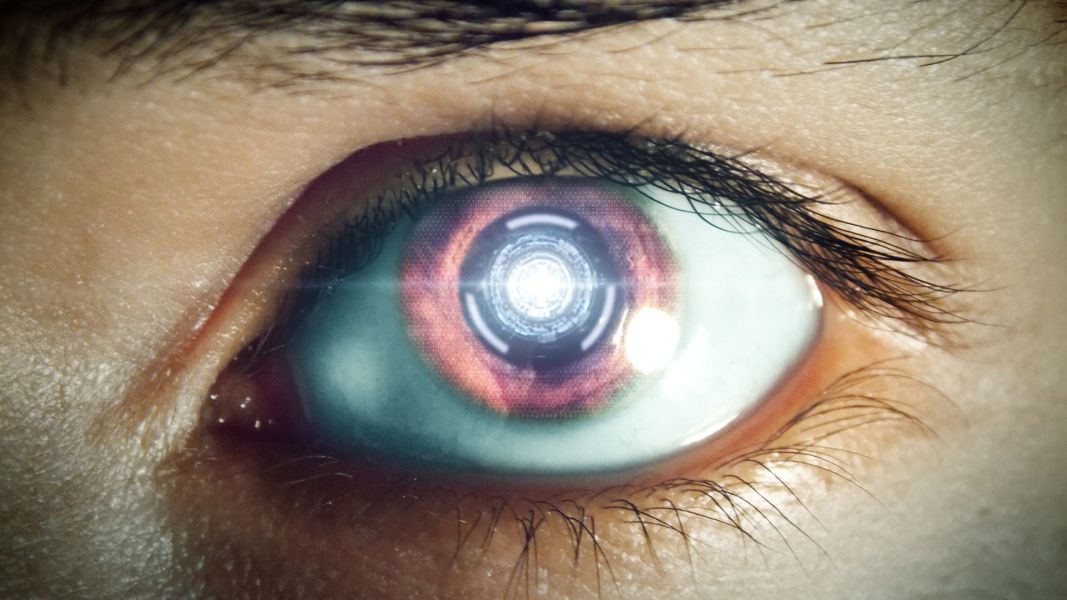In today’s rapidly evolving world, technological advancements are the driving force behind industry transformations. Innovative machines are not just tools; they are game-changers that redefine the way we live and work. From artificial intelligence to groundbreaking transportation systems, these machines are at the forefront of revolutionizing our future. This article delves into the top five innovative machines making significant impacts across various sectors.

Machine 1: The AI-Powered Robot
AI-powered robots are transforming industries with their ability to perform complex tasks autonomously. These robots integrate artificial intelligence, machine learning, and advanced sensors to operate in diverse environments. For instance, in manufacturing, AI robots enhance precision and efficiency, reducing human error and increasing productivity.
In healthcare, AI robots assist in surgeries, providing unparalleled accuracy and reducing recovery times for patients. They are also crucial in automating repetitive tasks, allowing medical professionals to focus on more critical aspects of patient care. The potential applications of AI-powered robots are vast, ranging from logistics and warehousing to customer service and beyond.
Read more about AI in manufacturing
Machine 2: Quantum Computers
Quantum computers represent a significant leap in computing power, capable of solving complex problems that are beyond the reach of classical computers. Utilizing the principles of quantum mechanics, these machines can process information in ways that traditional computers cannot, opening up new possibilities in fields such as cryptography, materials science, and artificial intelligence.
Current applications of quantum computing include optimizing supply chains, developing new pharmaceuticals, and enhancing cybersecurity measures. As this technology continues to evolve, its potential to revolutionize various industries becomes increasingly apparent.
Machine 3: Autonomous Drones
Autonomous drones are changing the landscape of multiple industries with their ability to perform tasks without human intervention. Equipped with advanced navigation systems, sensors, and AI, these drones can undertake missions ranging from delivery services and agricultural monitoring to surveillance and disaster management.
In agriculture, autonomous drones monitor crop health, optimize irrigation, and apply pesticides with precision, leading to increased yields and reduced environmental impact. In the logistics sector, drones offer efficient last-mile delivery solutions, particularly in remote and inaccessible areas.
Machine 4: 3D Printers
3D printing technology has revolutionized manufacturing by enabling the creation of complex structures layer by layer from digital models. This additive manufacturing process allows for customization, rapid prototyping, and reduced waste, making it a game-changer in various fields, including healthcare, construction, and aerospace.
In healthcare, 3D printing is used to produce customized prosthetics, implants, and even organs for transplantation. The construction industry benefits from 3D-printed buildings, which offer cost-effective and sustainable solutions. As this technology continues to advance, its applications are set to expand even further.
Machine 5: Hyperloop Transportation System
The Hyperloop transportation system is a visionary concept that promises to revolutionize the way we travel. Utilizing magnetic levitation and vacuum tubes, Hyperloop aims to transport passengers and cargo at speeds exceeding 700 miles per hour. This innovative mode of transport offers a faster, safer, and more sustainable alternative to traditional transportation methods.
Various companies and governments are actively working on Hyperloop projects worldwide, with prototypes and test tracks already in place. If successful, Hyperloop could significantly reduce travel times, boost economic productivity, and reduce carbon emissions.
Conclusion
These innovative machines are not just technological marvels; they are the building blocks of our future. As they continue to develop and integrate into various industries, their impact will be profound, driving progress and improving our quality of life. Embracing these advancements is essential for staying competitive in an ever-evolving world.

Founder Dinis Guarda
IntelligentHQ Your New Business Network.
IntelligentHQ is a Business network and an expert source for finance, capital markets and intelligence for thousands of global business professionals, startups, and companies.
We exist at the point of intersection between technology, social media, finance and innovation.
IntelligentHQ leverages innovation and scale of social digital technology, analytics, news, and distribution to create an unparalleled, full digital medium and social business networks spectrum.
IntelligentHQ is working hard, to become a trusted, and indispensable source of business news and analytics, within financial services and its associated supply chains and ecosystems










